What to eat and where
Ristorante Giglio is a top-notch dining establishment located in the heart of Lucca. It offers a delightful experience of traditional Tuscan cuisine, featuring dishes like ribollita, pappa al pomodoro, and pappardelle with wild boar sauce. The restaurant’s charming ambiance and extensive wine list complement the flavors of the region. Don’t forget to try their delicious tiramisu for dessert.
For seafood lovers, Da Pasquale is a hidden gem. This family-owned restaurant is renowned for its fresh seafood dishes, prepared with a touch of Mediterranean influence. Try the linguine with clams, grilled sea bass, or their signature seafood risotto. The cozy and intimate setting adds to the charm of this local favourite.
A visit to Italy would be incomplete without treating yourself to genuine gelato, and Gelateria De’ Coltelli is the go-to destination to satisfy your sweet tooth. With a diverse range of flavors, spanning from traditional choices like stracciatella to inventive combinations such as ricotta and fig, their gelato is crafted using the finest ingredients, guaranteeing a memorable and delightful indulgence.
Pizzeria da Felice is a beloved spot for pizza enthusiasts. They serve traditional Neapolitan-style pizzas cooked in a wood-fired oven. The ingredients are fresh and high-quality, resulting in mouthwatering pizzas with a perfect crust. The cozy and rustic atmosphere makes it a great place to enjoy an authentic Italian pizza.
Buca di Sant’Antonio is an upscale restaurant that offers a refined taste of Tuscan cuisine. The menu features classic dishes such as truffle pasta, roasted meats, and excellent wine pairings. With its elegant décor and attentive service, this restaurant is an ideal choice for a special evening in Lucca.
Where to Stay
Albergo Celide is a comfortable and modern hotel located just outside the city walls. It offers a variety of room types and amenities, including a rooftop terrace with beautiful views of Lucca. The hotel’s central location makes it a convenient base for exploring the city on foot.
Address: Viale Giusti, 25, 55100 Lucca LU, Italy
Palazzo Tucci is a boutique hotel housed in a beautifully restored historic building. The rooms are elegantly decorated, and the atmosphere exudes charm and sophistication. The hotel is centrally located, providing easy access to Lucca’s attractions and restaurants
Address: Via Cesare Battisti, 13, 55100 Lucca LU, Italy
Hotel Ilaria And Residenza Dell’Alba offers a blend of modern comfort and classic style, with a garden and terrace for relaxation. The location is ideal, situated near the city center and within walking distance of Lucca’s main sights.
Address: Via Giuseppe Mazzini, 57, 56125 Pisa PI, Italy
Villa La Principessa is a luxurious option for those seeking a tranquil retreat. This 16th-century villa is surrounded by a vast, manicured garden and offers elegantly appointed rooms. Staying here is like stepping back in time while enjoying the amenities of a high-end hotel.
Address: Via di Valle, 126, 55100 Lucca LU, Italy
For a more budget-friendly option, B&B La Mimosa provides cozy and clean accommodations. The welcoming hosts and the convenient location make it an excellent choice for travellers looking to make the most of their visit to Lucca without breaking the bank.
Address: Via Carlo Piaggia, 38, 55100 Lucca LU, Italy
FAQ about Luca
Is Lucca worth visiting?
Yes, Lucca is definitely worth visiting in Tuscany. This charming city is known for its well-preserved Renaissance walls, historic architecture, and vibrant atmosphere. Lucca offers a wealth of cultural and historical attractions, including impressive churches, medieval towers, and picturesque squares. The city’s Renaissance-era walls have been transformed into a pedestrian promenade, providing a unique way to explore the town. Additionally, Lucca hosts various events and festivals throughout the year, adding to its allure.
When is the best time to visit Lucca?
The ideal months to explore Lucca are April, May, June, September, and October, offering warm and pleasant weather with fewer tourists. A significant religious event, La Luminara di Santa Croce, occurs on September 13th, honoring the Volto Santo, a wooden crucifix with a legendary origin from the Holy Land. The festival features a traditional candlelight procession through the Old Town, commencing at 8 PM from the Basilica of San Frediano and concluding at the Cathedral of San Martino, where the Volto Santo is housed.
Is one day in Lucca enough?
A single day in Lucca provides ample time to explore the historic center, allowing visits to landmarks such as the Guinigi and Clock Towers, the cathedral, and two palaces. For a shorter visit of half a day, prioritize climbing the Guinigi Tower. If time constraints require choices between attractions like Pfanner Palace and Museo Nazionale di Palazzo Mansi, opt for the latter, as it offers a more captivating and aesthetically pleasing experience.
Are there any festivals in Lucca?
Celebrating two decades of musical excellence, the Lucca Summer Festival has hosted iconic artists like Bob Dylan, Gilberto Gil, Milton Nascimento, Alanis Morisette, Elton John, and The Rolling Stones. Held within the historic city walls during July and August, the festival transforms the city center into a musical haven. For classical music enthusiasts, the Puccini Festival, dedicated to the renowned composer Giacomo Puccini, offers a captivating experience in July and August. Explore the rich lineup and details for this year’s events on their official website.


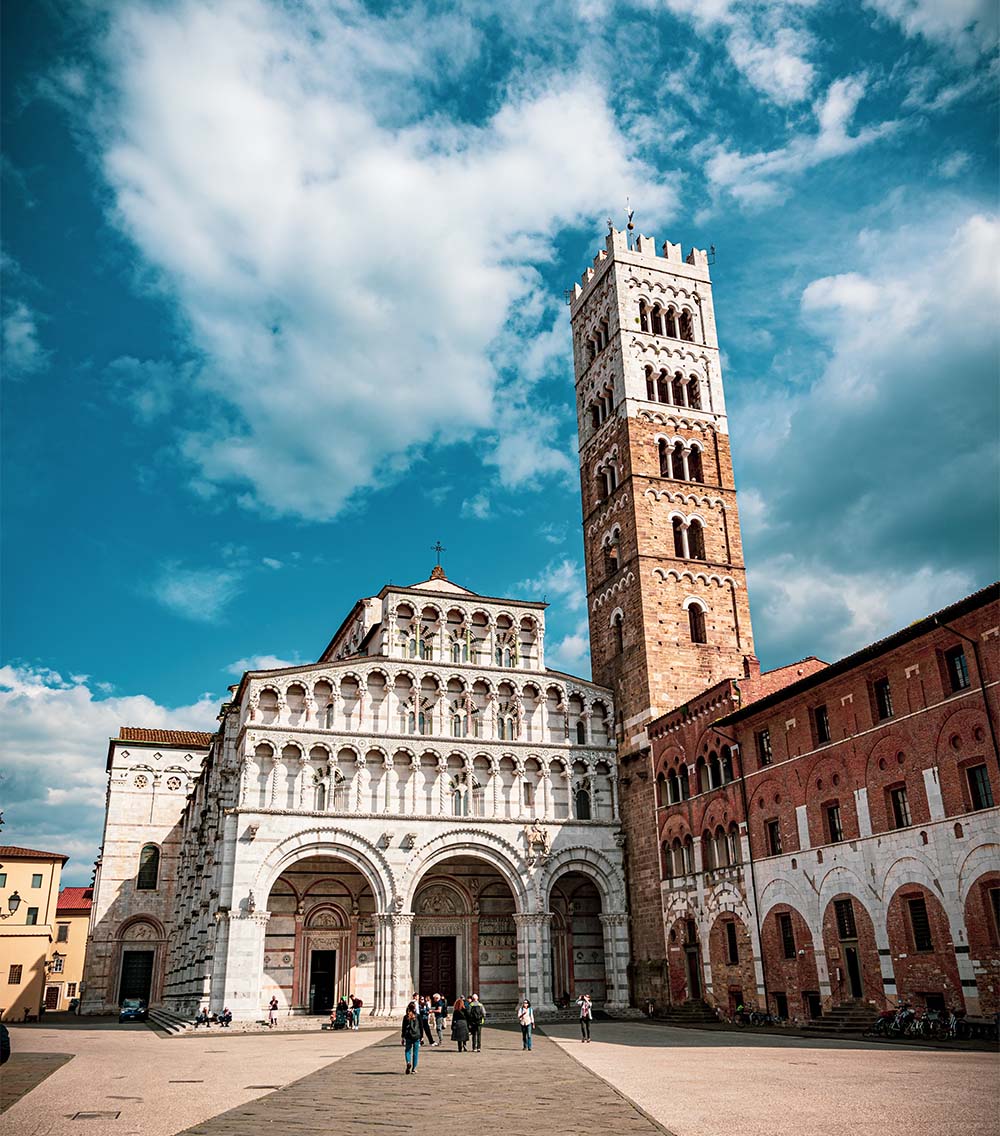
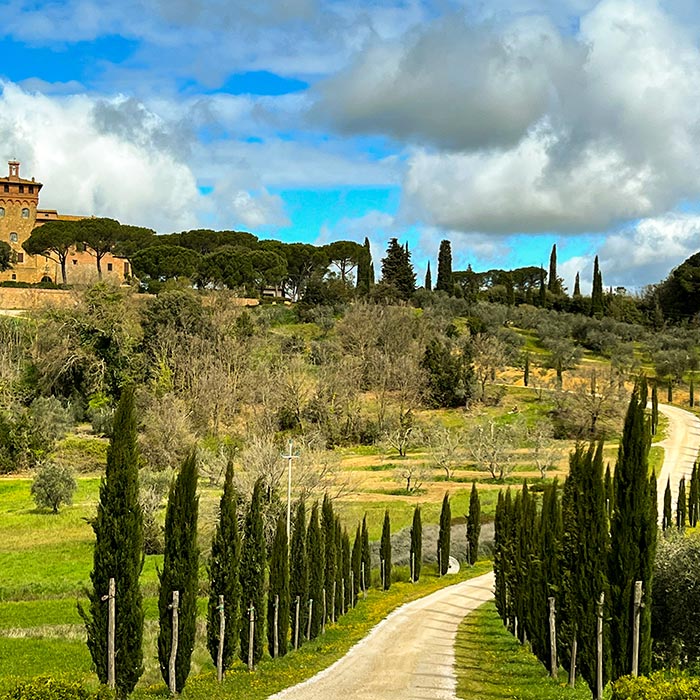
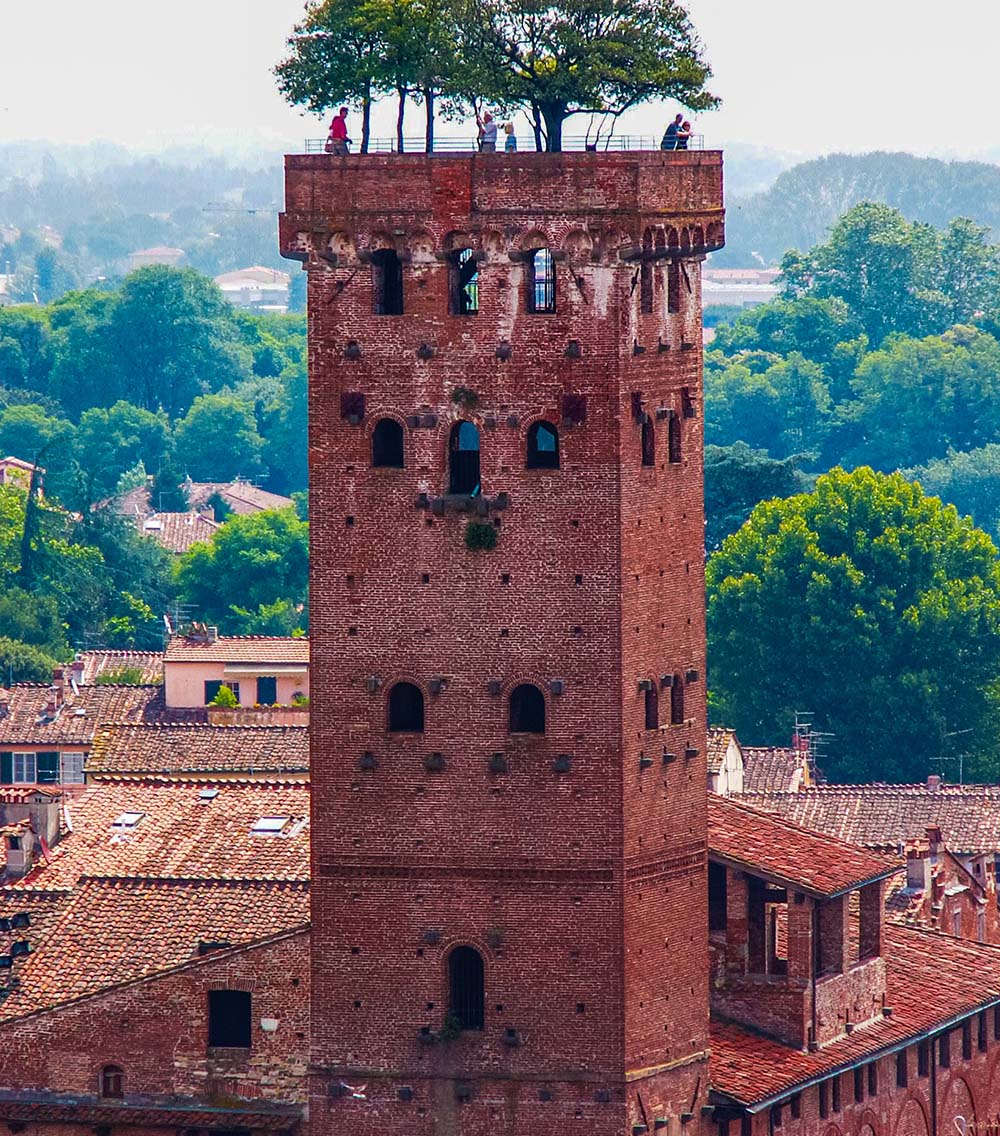
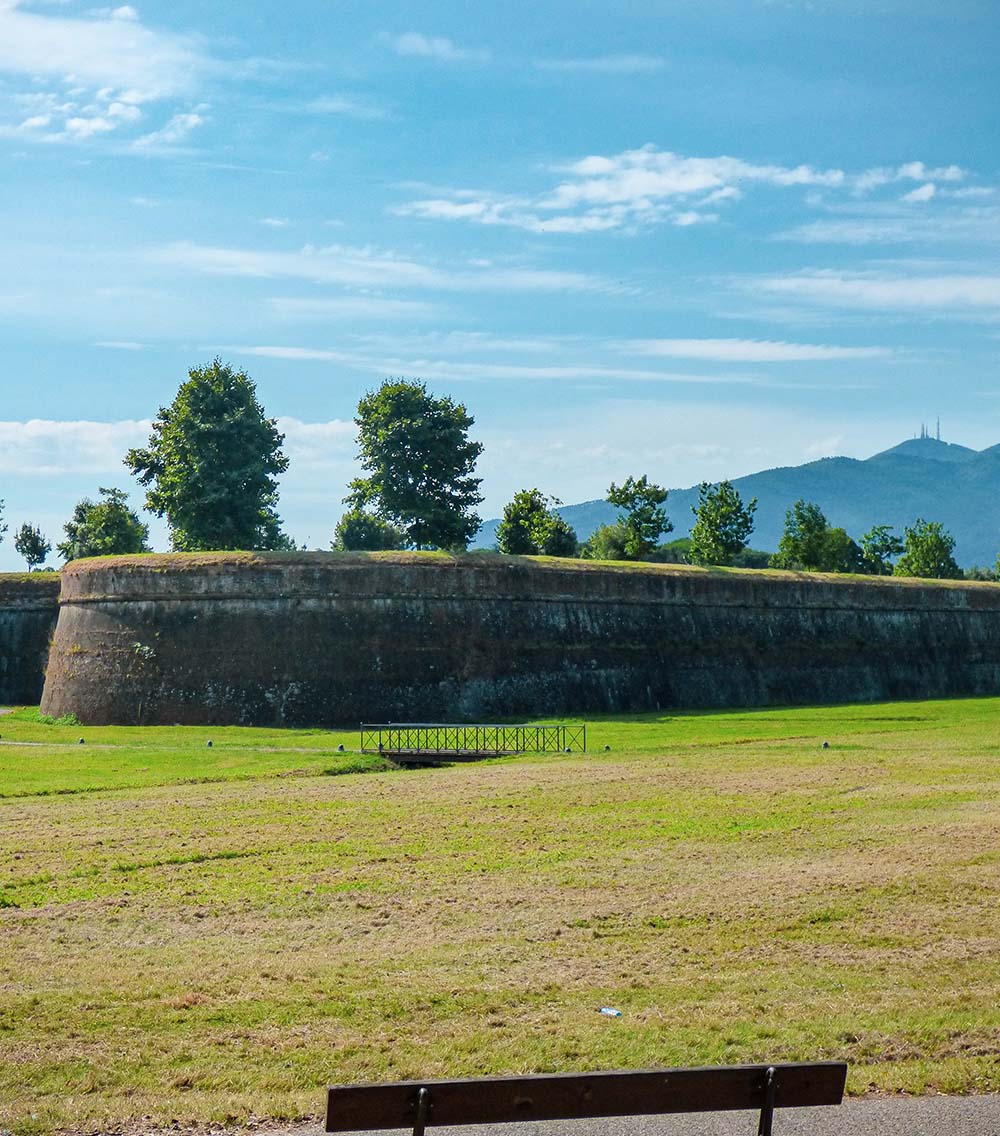
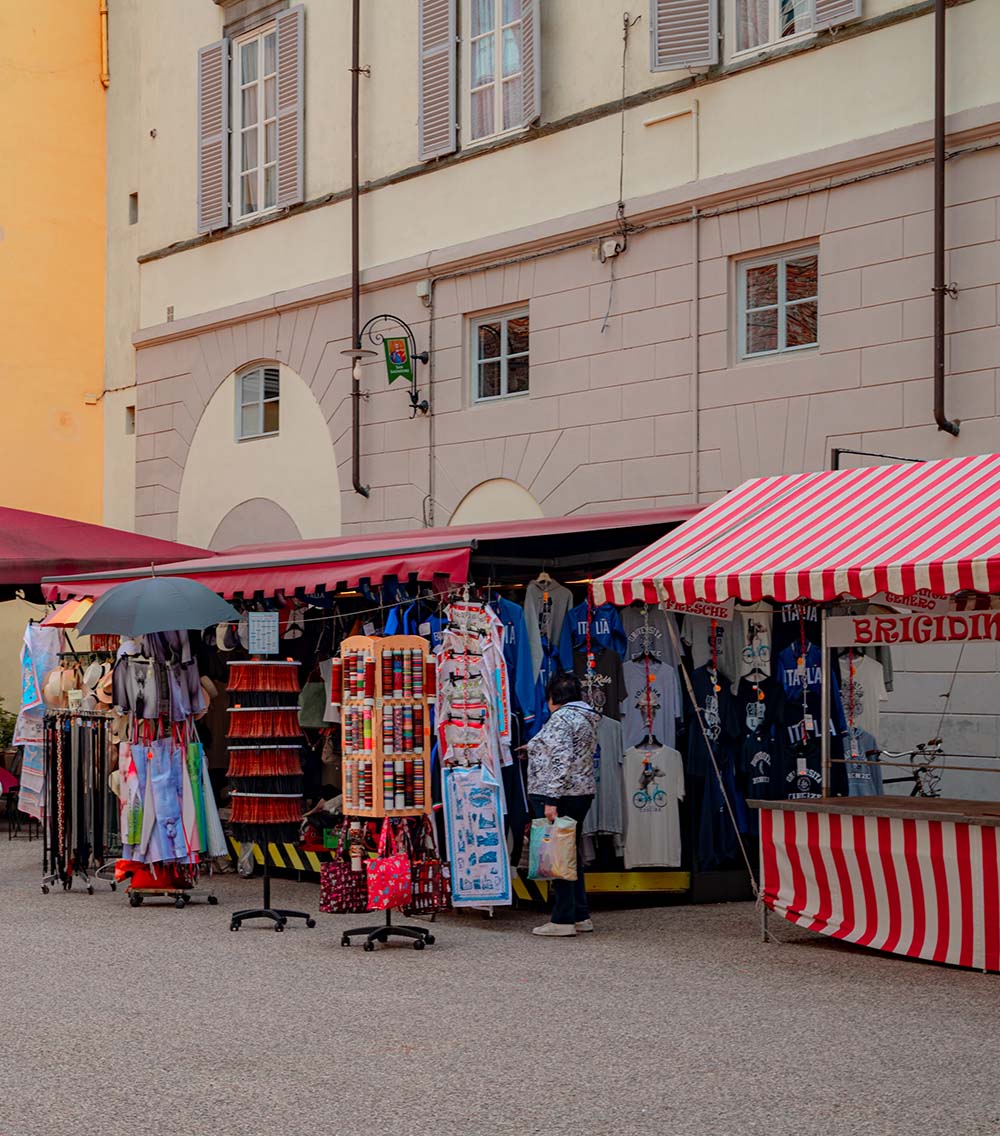
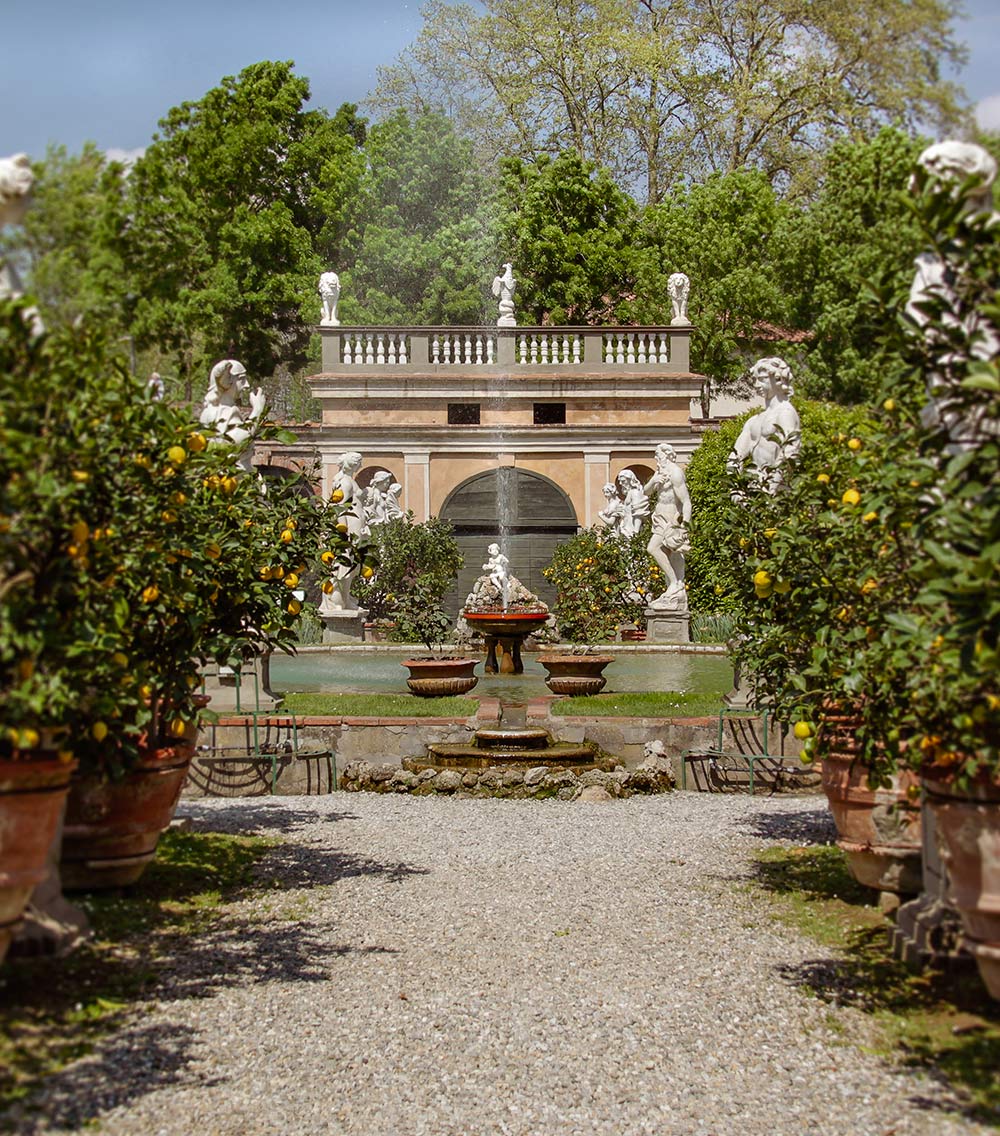
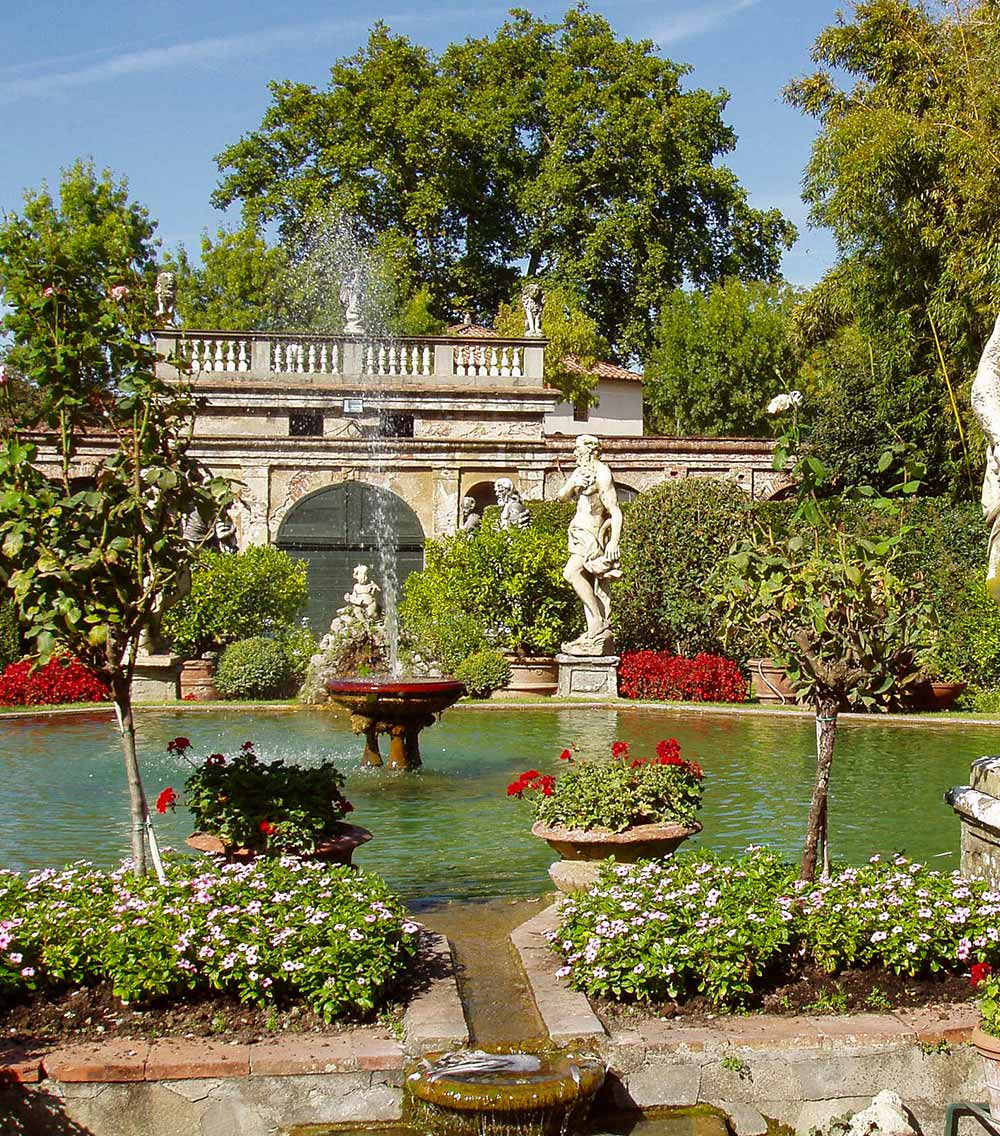
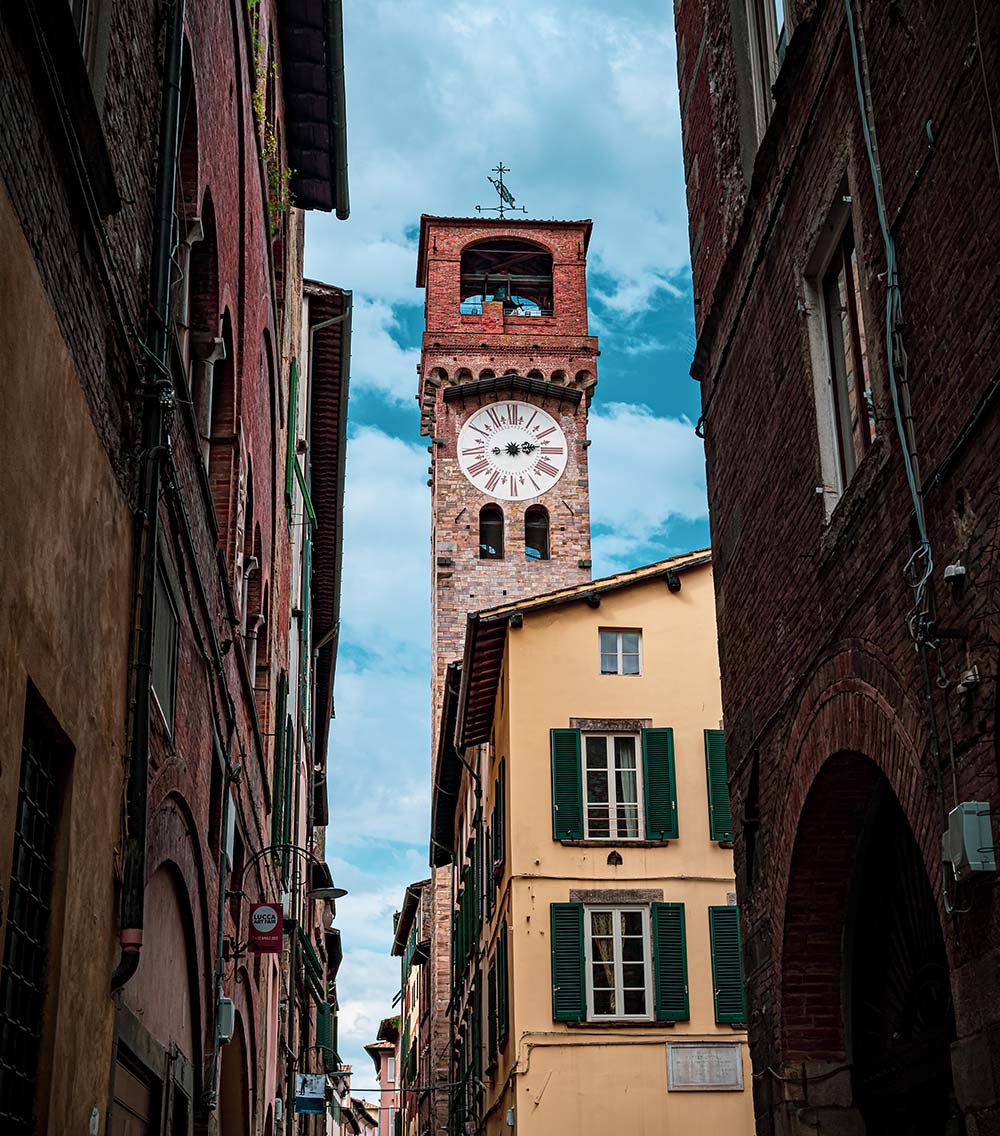
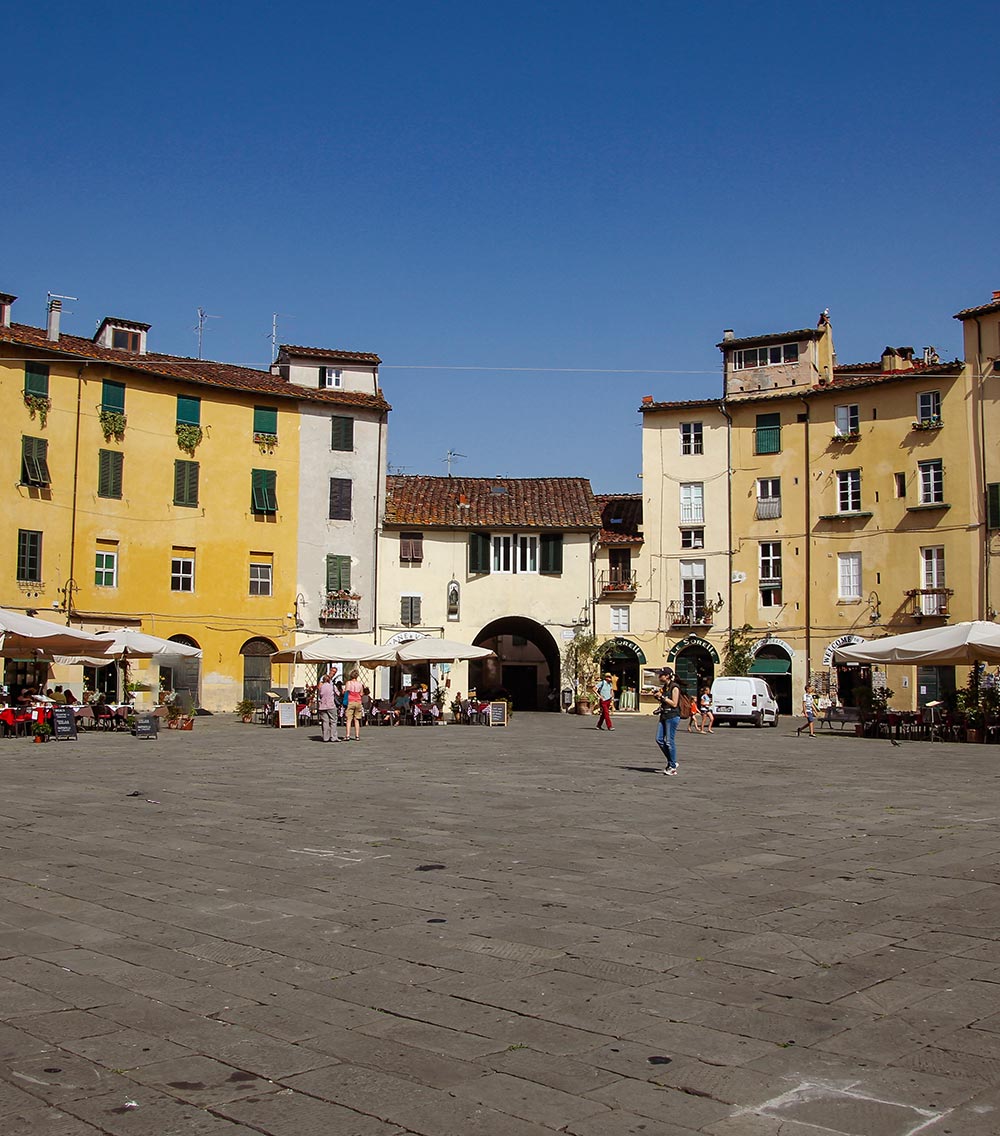
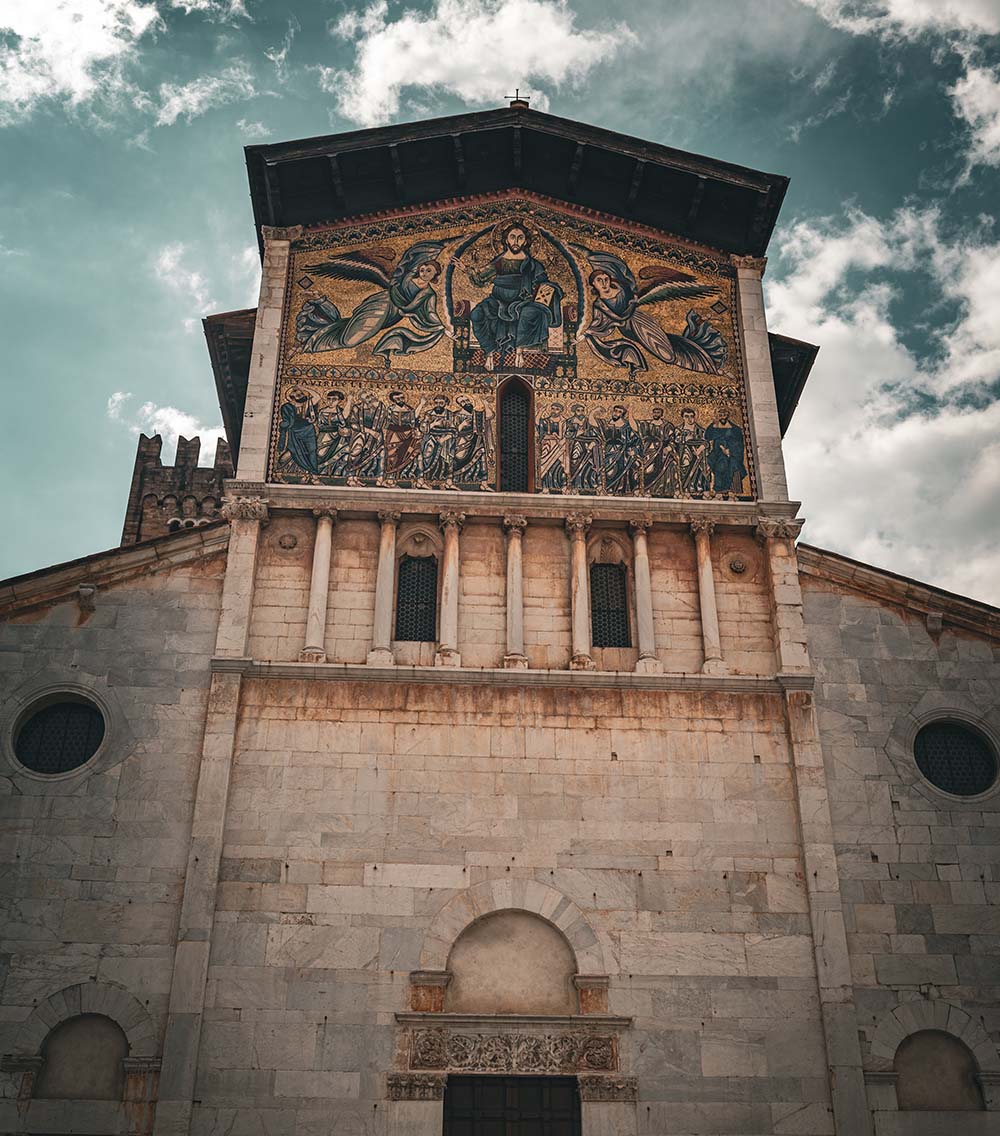
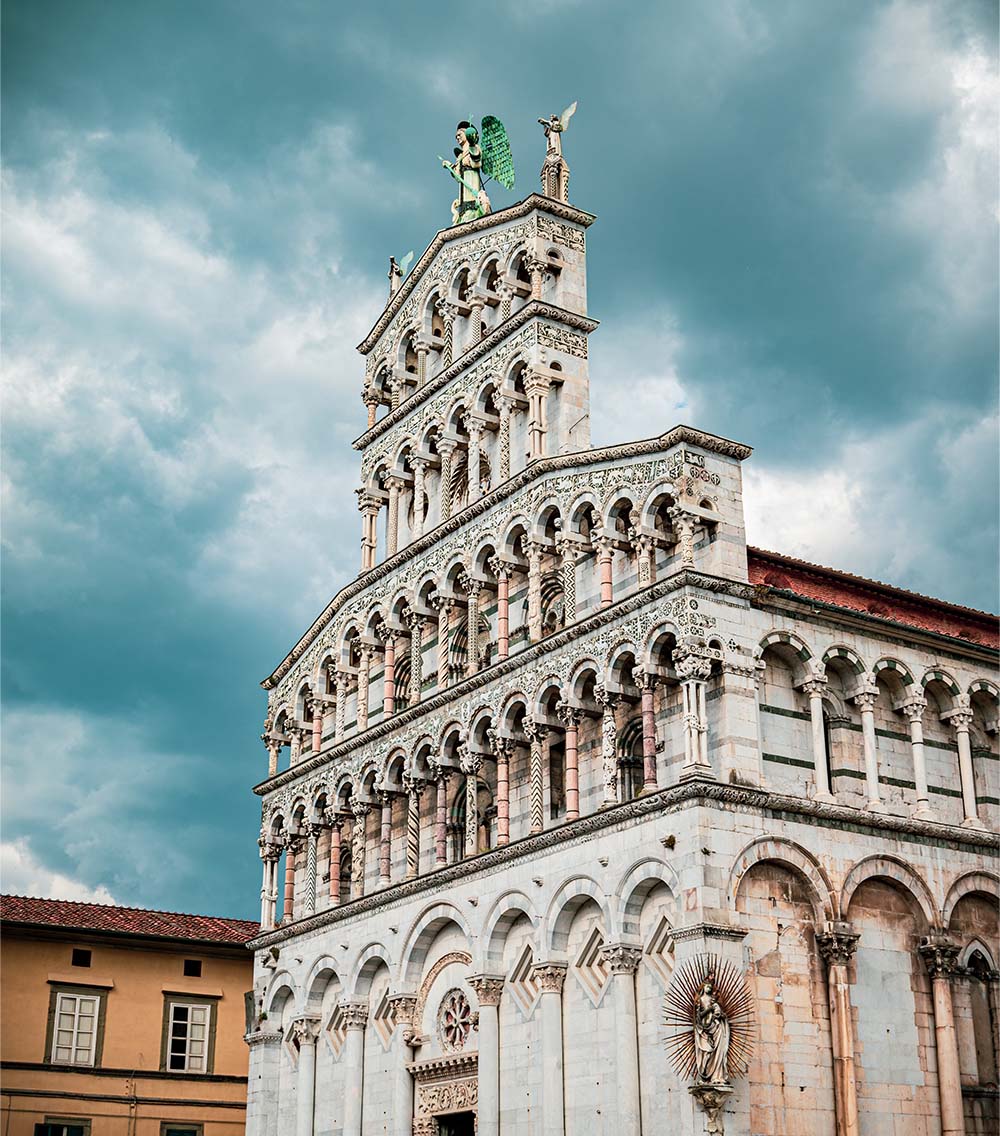

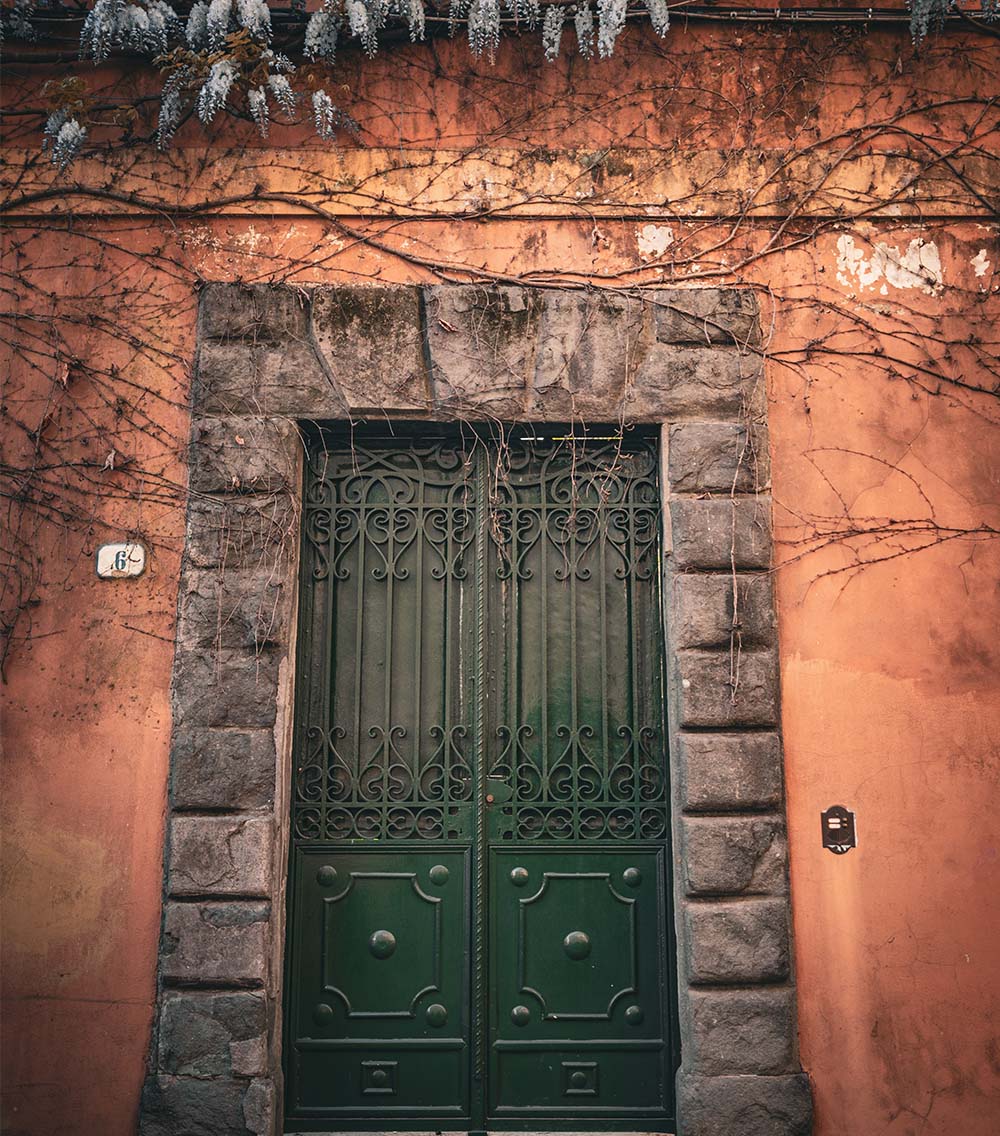
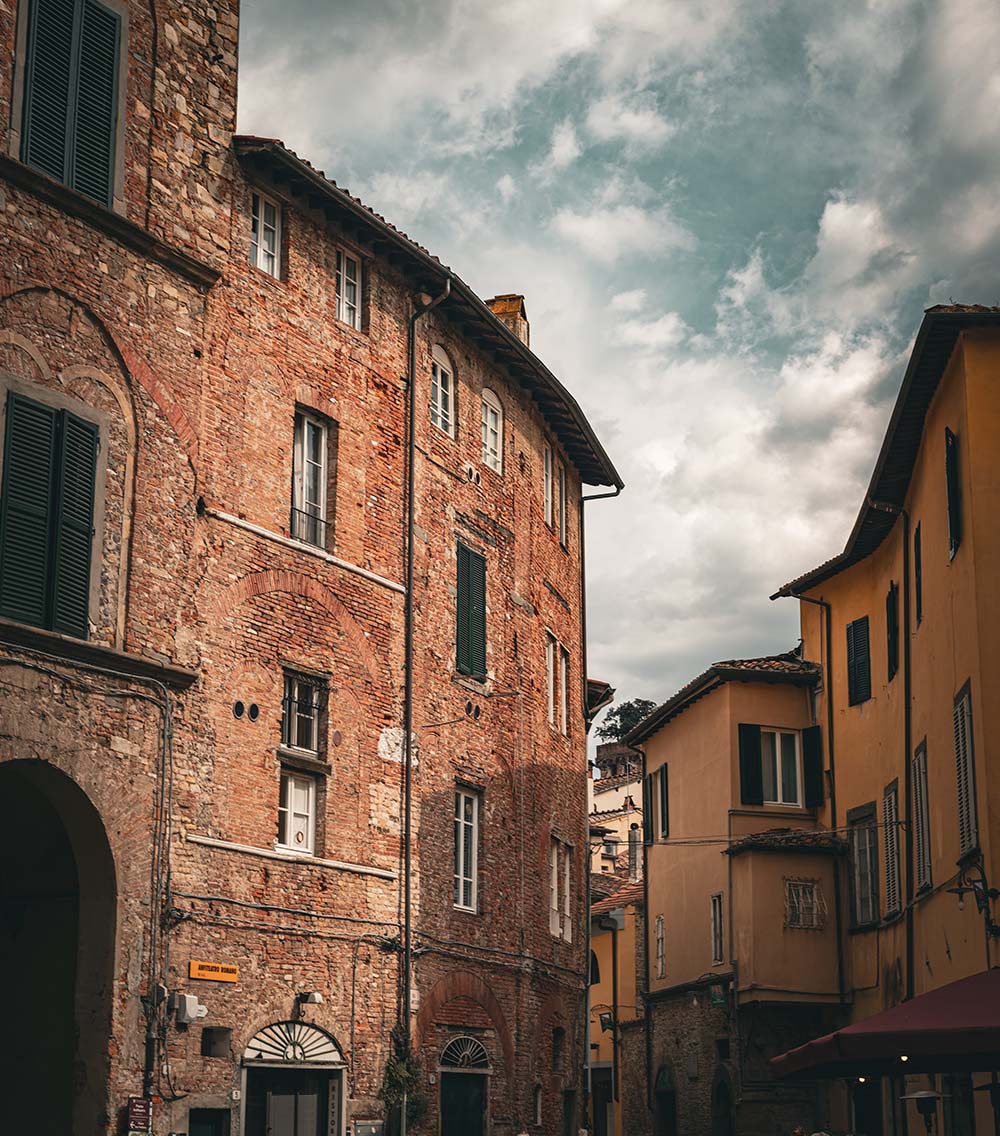


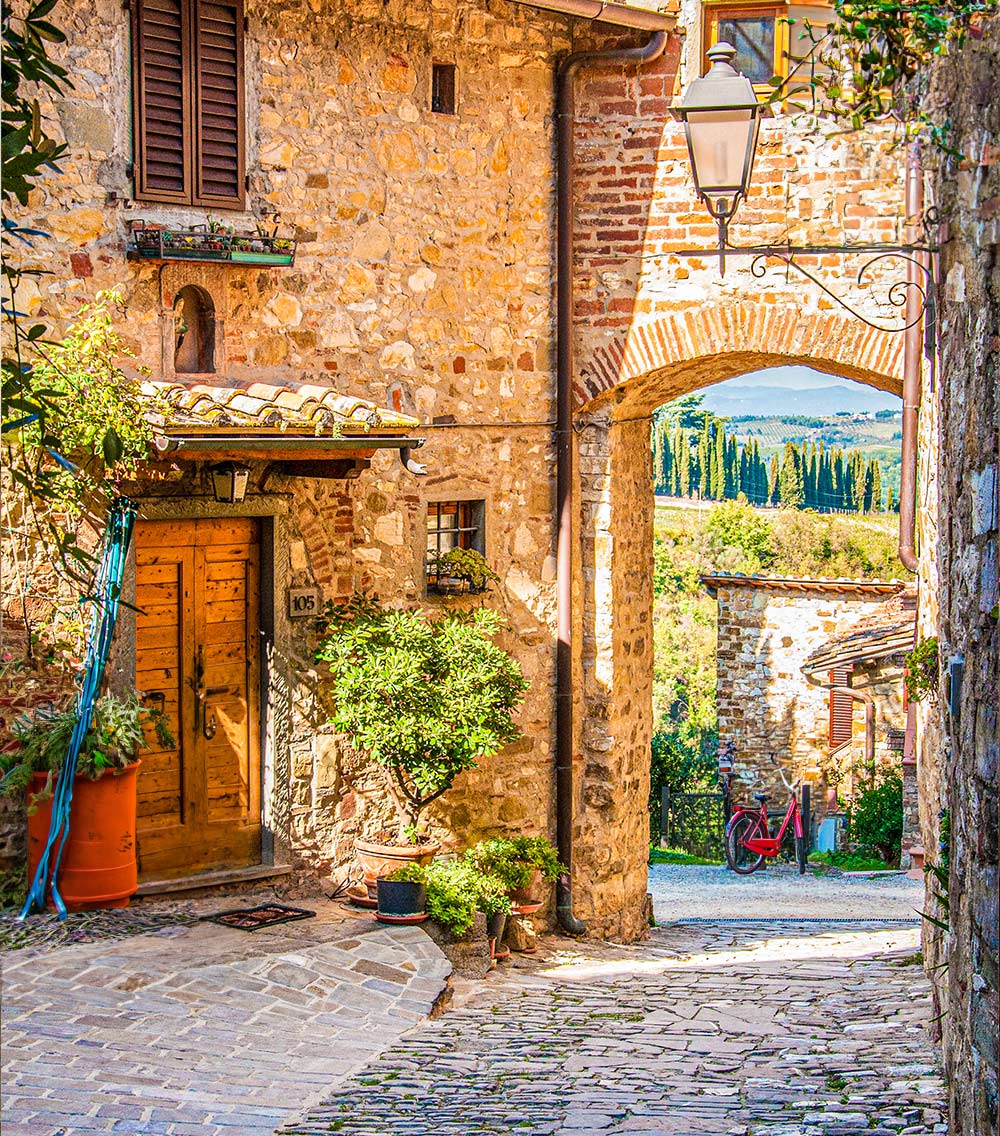
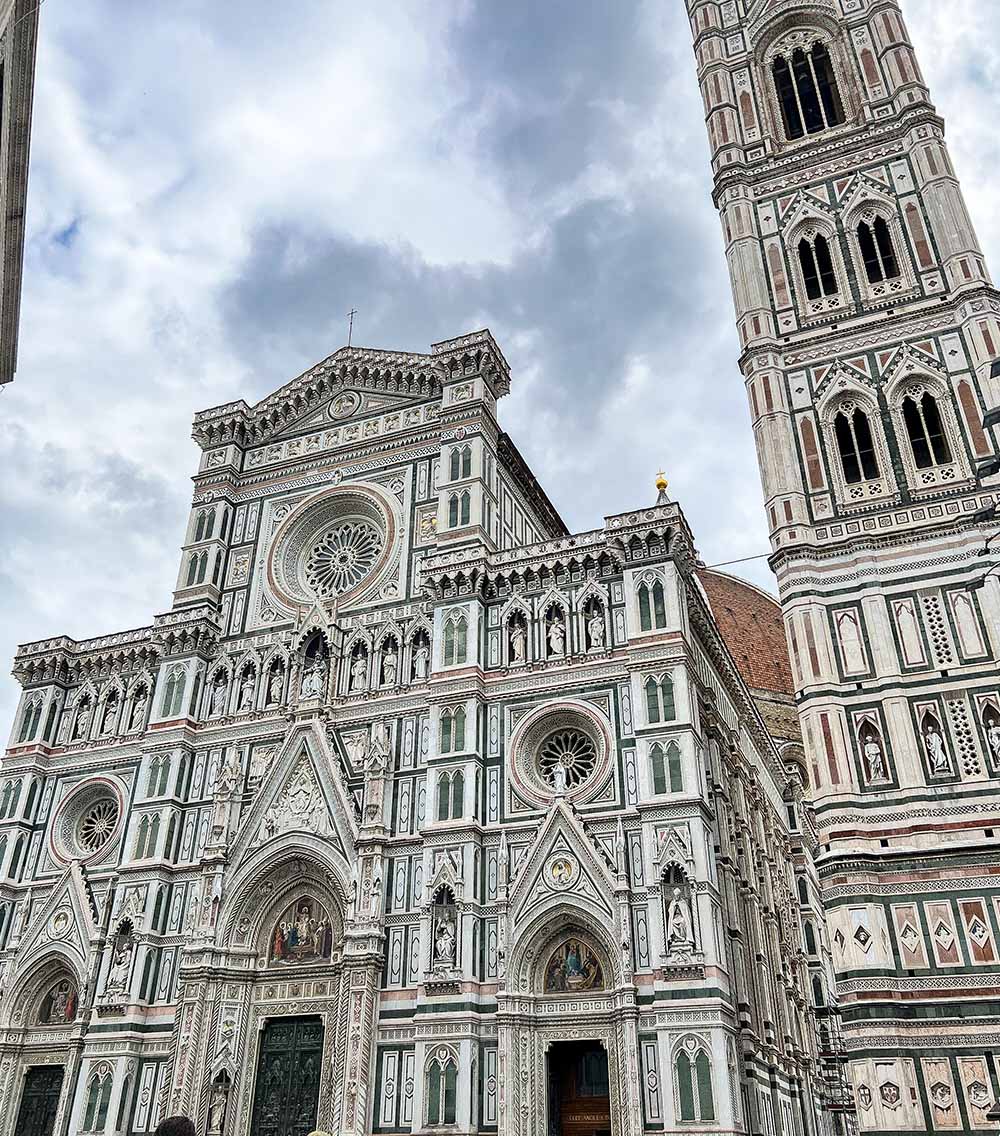
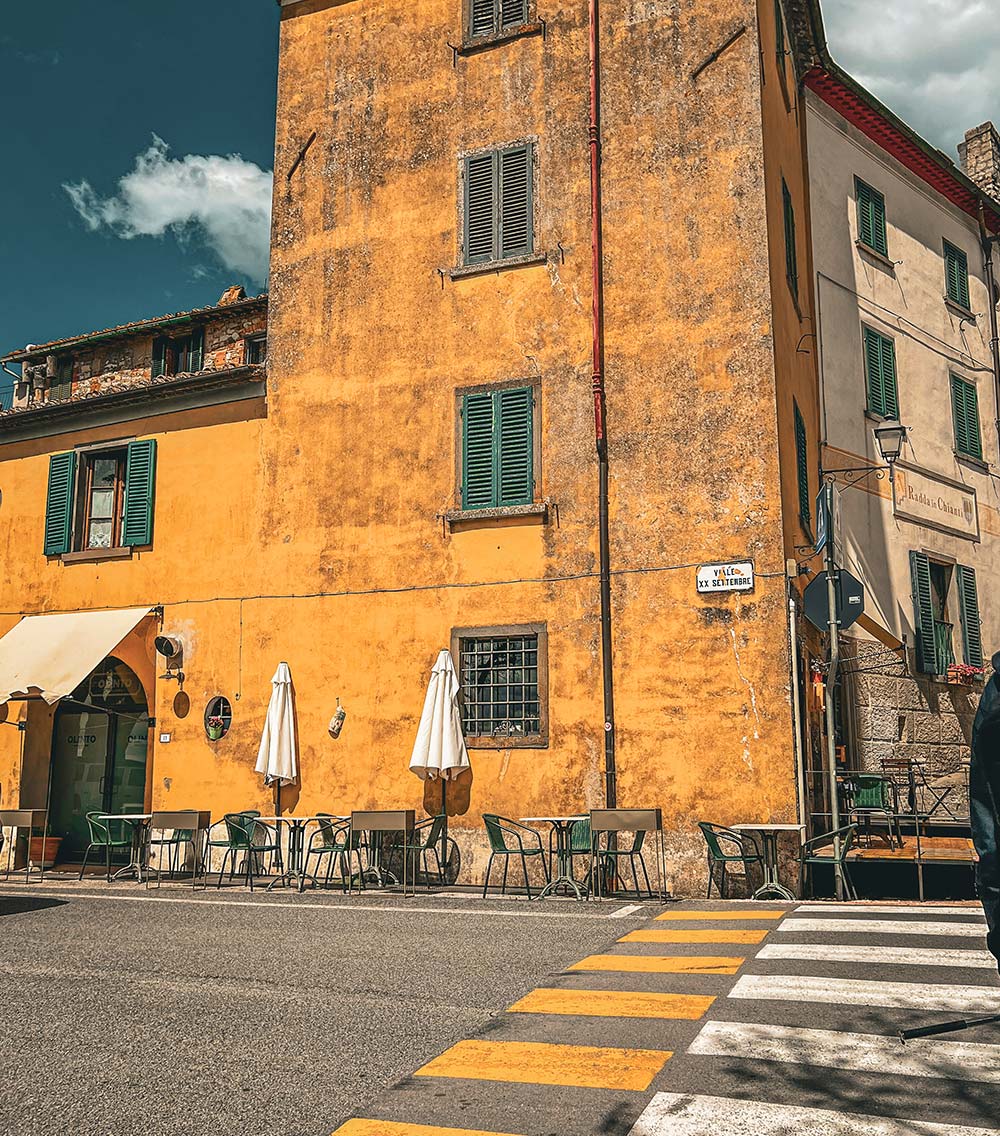
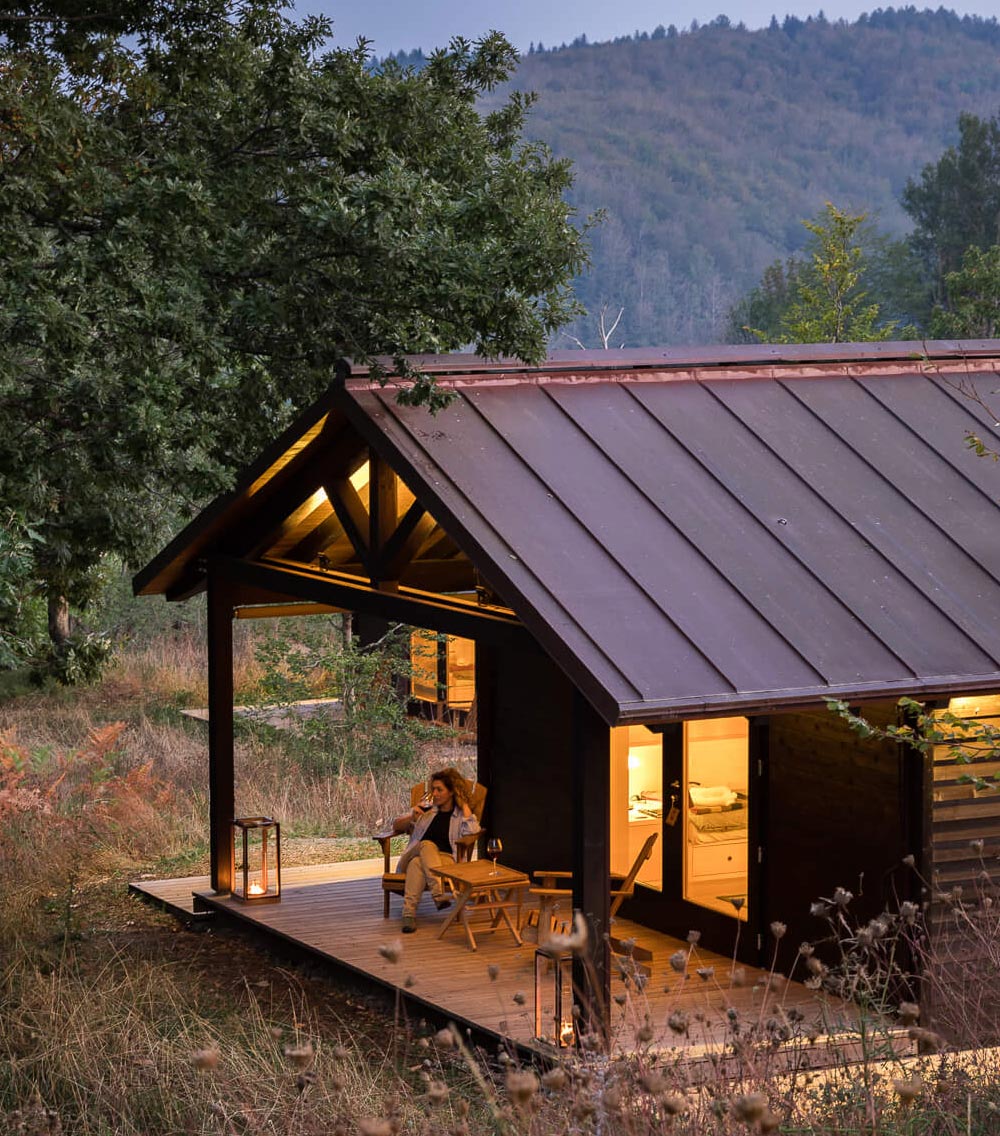
No Comments